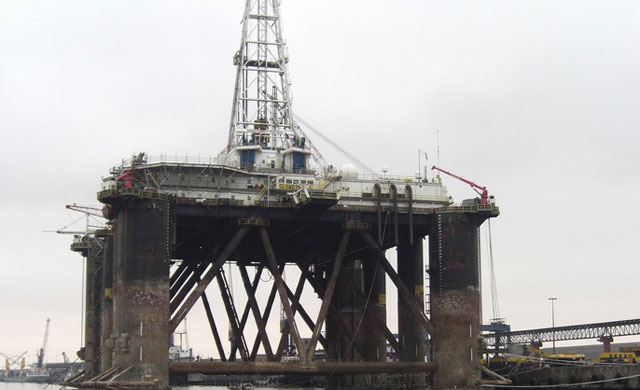In the time it took me to write a brief update of the progress on the proposed merger of BAE (LSE:BA.) and EADS (EU:EAD) late this morning, the news changed. It has now been confirmed that the deal is officially dead and that the two companies will not be asking government regulators for a 28-day extension for negotiations to continue.

The two companies published a joint statement during the lunch hour indicating that continuing to negotiate all the way to the late afternoon deadline was counter-productive. The announcement said that, “BAE Systems and EADS announce that they have decided to terminate their discussions.”
Blaming the political opposition, primarily German Chancellor Andrea Merkel, the statement went on to say that, “BAE Systems and EADS have therefore decided it is in the best interests of their companies and shareholders to terminate the discussions and to continue to focus on delivering their respective strategies.”
“Notwithstanding a great deal of constructive and professional engagement with the respective governments over recent weeks, it has become clear that the interests of the parties’ government stakeholders cannot be adequately reconciled with each other or with the objectives that BAE Systems and EADS established for the merger.”
Cheers could be heard from as far away as Seattle, Washington, Boeing’s main manufacturing center, as it now retains its title as the world’s largest aerospace company.
Although the official statement said, “Discussions with the relevant governments had not reached a point where both companies could fully disclose the benefits and detailed business case for this merger. BAE Systems and EADS are, however, confident that these would have provided a strong case to take to their shareholders,” reports during the past week indicated otherwise. In fact, the merger faced some rather staunch opposition, especially from Investec, which is a leading shareholder in BAE.
Sky News explained that, “The rationale behind the proposed merger was this: The defence industry in Europe and the US is in decline. IHS Jane’s forecasts a military procurement spending decline of $20bn (£12bn) over the next four years. But conversely, demand and orders for civilian aircraft is, at the moment, on the up. BAE wanted to protect its exposure to a problematic defence market while at the same time opening up new opportunities in the civilian aircraft market and EADS wanted greater access to the defence world – and the US market – through BAE.”
BAE CEO Ian King said, “We are obviously disappointed that we were unable to reach an acceptable agreement with our various government shareholders. We believe that the merger presented a unique opportunity for BAE Systems and EADS to combine two world-class and complementary businesses to create a world-leading aerospace, security, and defence group.”
The failure of the deal may put King and company Chairman Dick Oliver in a tenuous situation. Many observers and shareholders are of the opinion that BAE needed this deal to sustain itself in an unstable market. The merger would have, at least for awhile, precluded a “Plan B” of divestitures to keep the company financially stable and sound. Given the amount of time the two have invested in attempting to structure the now defunct merger plan, it is certainly possible that shareholders may show a lack of confidence in executive management. Time will tell.
BAE shares had a shaky day at best, dropping 6.40 pence from 323.8 to 317.4 late in the lunch hour, bouncing back to 325.3 within 30 minutes, then back down to 318.00 in less than 10 minutes. The share price had regained ground to 323.20 just after 2:00 pm, now just 2.20 off of yesterday’s close.

 Hot Features
Hot Features













